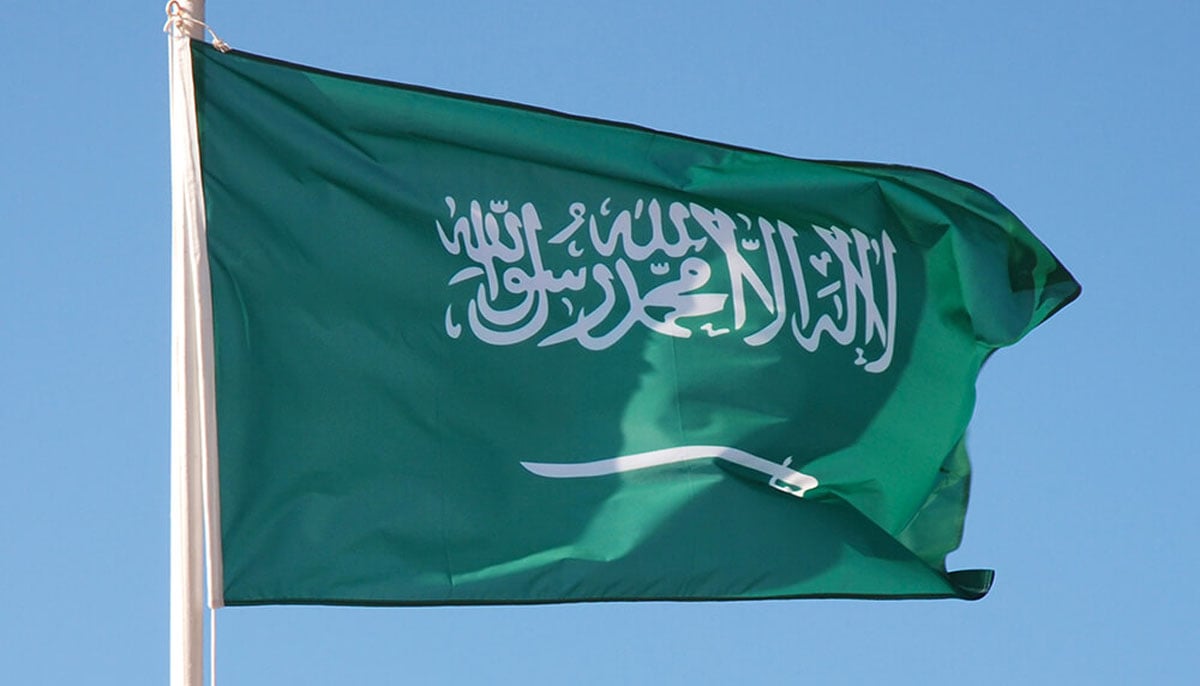S Arabia silent over Israel deal
The UAE’s decision to normalise ties with Israel could propel Saudi Arabia to deepen its furtive relations with the Jewish state as Riyadh seeks to entice investments to fund an ambitious economic transformation, analysts say.
The United Arab Emirates on Thursday became the first Gulf state to normalise relations with Israel, in a historic US-brokered accord that raised the prospect of similar deals with other Arab states.
Saudi Arabia, the Arab world’s biggest economy, has maintained a conspicuous silence over the deal, but local officials have hinted that Riyadh is unlikely to immediately follow in the footsteps of its principle regional ally.
However, “the UAE-Israeli normalisation lends itself to expanding the realm of indirect Saudi-Israeli relations,” said Aziz Alghashian, a lecturer at Essex University specialising in the kingdom’s policy towards Israel.
“I think Saudi-Israeli interactions will increase via the UAE.” Home to Islam’s holiest sites, Saudi Arabia would face sensitive political calculations before a formal recognition of the Jewish state.
Like the UAE’s move, such a step would be seen by Palestinians and their supporters as a betrayal of their cause. But the kingdom has already cultivated covert ties with Israel in recent years, a shift spearheaded by Crown Prince Mohammed bin Salman even as his father King Salman has voiced steadfast support for an independent Palestinian state.
A shared animosity towards Iran, along with Saudi attempts to attract foreign investment to fund Prince Mohammed’s ambitious Vision 2030 economic diversification plan, appear to be pushing the kingdom closer to Israel than ever.
A centrepiece of Vision 2030 is NEOM, a $500 billion planned megacity on the kingdom’s west coast, for which observers say the kingdom requires Israeli expertise in areas including manufacturing, biotechnology and cyber security.
The creation of NEOM “requires peace and coordination with Israel, especially if the city is to have a chance of becoming a tourist attraction,” said Mohammad Yaghi, a research fellow at Germany’s Konrad Adenauer Stiftung. NEOM is set to be built close to the Israeli resort town of Eilat, along the geopolitically sensitive waters of the Red Sea and the Gulf of Aqaba.
Gulf states have increasingly sought Israeli technology for the surveillance of their own citizens and to purchase precision missiles that Western countries are unwilling to sell, Yaghi wrote in a research paper in April.
Saudi Arabia has sought to keep its outreach to Israel out of the public eye, but it has not been easy. In June, a verified Twitter account linked to the kingdom’s embassy in Washington said the Saudi council of ministers had agreed to recruit Israeli cyber security firm Check Point Software in NEOM.
-
 50 Cent Gets Standing Ovation From Eminem In New 'award Video'
50 Cent Gets Standing Ovation From Eminem In New 'award Video' -
 Bad Bunny Delivers Sharp Message To Authorities In Super Bowl Halftime Show
Bad Bunny Delivers Sharp Message To Authorities In Super Bowl Halftime Show -
 Prince William 'worst Nightmare' Becomes Reality
Prince William 'worst Nightmare' Becomes Reality -
 Thai School Shooting: Gunman Opened Fire At School In Southern Thailand Holding Teachers, Students Hostage
Thai School Shooting: Gunman Opened Fire At School In Southern Thailand Holding Teachers, Students Hostage -
 Britain's Chief Prosecutor Breaks Silence After King Charles Vows To Answer All Andrew Questions
Britain's Chief Prosecutor Breaks Silence After King Charles Vows To Answer All Andrew Questions -
 Maxwell Could Get 'shot In The Back Of The Head' If Released: US Congressman
Maxwell Could Get 'shot In The Back Of The Head' If Released: US Congressman -
 New EU Strategy Aims To Curb Threat Of Malicious Drones
New EU Strategy Aims To Curb Threat Of Malicious Drones -
 Halle Berry On How 3 Previous Marriages Shaped Van Hunt Romance
Halle Berry On How 3 Previous Marriages Shaped Van Hunt Romance -
 Facebook Rolls Out AI Animated Profile Pictures And New Creative Tools
Facebook Rolls Out AI Animated Profile Pictures And New Creative Tools -
 NHS Warning To Staff On ‘discouraging First Cousin Marriage’: Is It Medically Justified?
NHS Warning To Staff On ‘discouraging First Cousin Marriage’: Is It Medically Justified? -
 Andrew Mountbatten-Windsor Flew Money In Suitcases To Launder: New Allegation Drops
Andrew Mountbatten-Windsor Flew Money In Suitcases To Launder: New Allegation Drops -
 Nancy Guthrie Abduction: Piers Morgan Reacts To 'massive Breakthrough' In Baffling Case
Nancy Guthrie Abduction: Piers Morgan Reacts To 'massive Breakthrough' In Baffling Case -
 Adam Mosseri Set To Testify In Court Over Social Media Addiction Claims
Adam Mosseri Set To Testify In Court Over Social Media Addiction Claims -
 Will Warner Bros Finalize Deal With Paramount Or Stays Loyal With Netflix's Offer?
Will Warner Bros Finalize Deal With Paramount Or Stays Loyal With Netflix's Offer? -
 Palace Spotlights Queen Camilla For Her Work With Vision-impaired Children A Day After Andrew Statement
Palace Spotlights Queen Camilla For Her Work With Vision-impaired Children A Day After Andrew Statement -
 Kim Kardashian Still 'very Angry' At Meghan Markle, Prince Harry
Kim Kardashian Still 'very Angry' At Meghan Markle, Prince Harry




